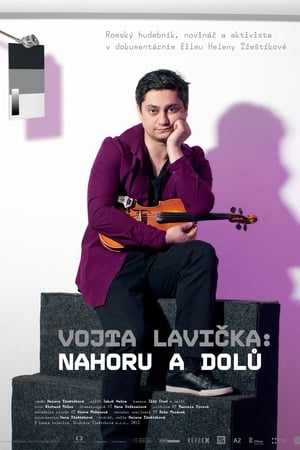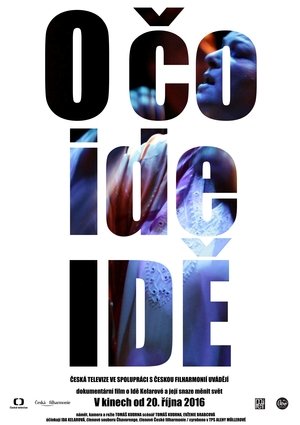
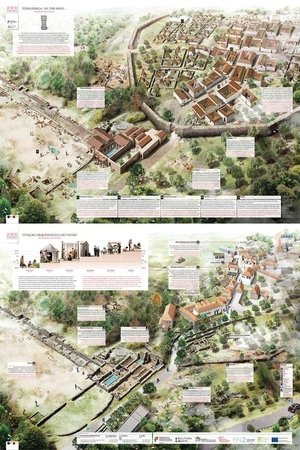
Tongóbriga (El espíritu de un lugar)(NaN)
Movie: Tongóbriga (El espíritu de un lugar)

Tongóbriga (El espíritu de un lugar)
HomePage
Overview
Release Date
Average
0
Rating:
0.0 startsTagline
Genres
Languages:
EspañolKeywords
Similar Movies
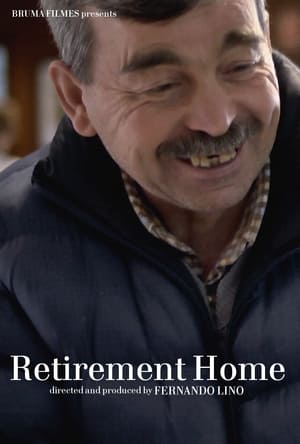 10.0
10.0Retirement Home(pt)
A group of elders spends their weekdays in a retirement home in Sandim, in the north of Portugal, where they talk, do arts and crafts, practice yoga and pray. We follow them between October 2012 and March 2013, when an economic crisis overshadowed Portuguese society and unemployment rates reached record levels. Meanwhile, arrangements are made for the Carnival ball. Will they bring the first place home this time?
De caballos y guitarras(es)
A musical, and also a reflection on watching, on trying to escape an anthropocentric gaze and also on watching itself in cinema. Featuring mares and horses: Triana, Víctor K, Bambi Sailor, San Special Solano, Buck Red Skin, Onkaia, Cool Boy, the donkey Agostino, the mule Guapa. And also Alfredo Lagos, Raül Refree, María Marín, Pepe Habichuela, Virgina García del Pino, María García Ruiz, Pilar Monsell, María Pérez Sanz.
 6.1
6.1When Borat Came to Town(ro)
A look at what happened after Borat: Cultural Learnings of America for Make Benefit Glorious Nation of Kazakhstan was filmed in the Romanian village of Glod. It follows the life of one girl who longs to escape the poverty as foreign lawyers arrive with the promise of suing 20th Century Fox for millions of dollars.
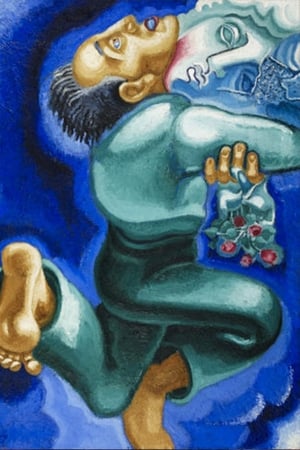 6.5
6.5Mário Eloy - A Runaway Painter(pt)
Documentary about the life and work of Mário Eloy, one of the greatest painters of the second generation of modernism in Portugal.
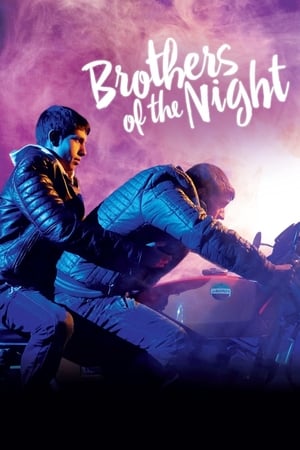 5.2
5.2Brothers of the Night(de)
Soft boys by day, kings by night. The film follows a group of young Bulgarian Roma who come to Vienna looking for freedom and a quick buck. They sell their bodies as if that's all they had. What comforts them, so far from home, is the feeling of being together. But the nights are long and unpredictable.
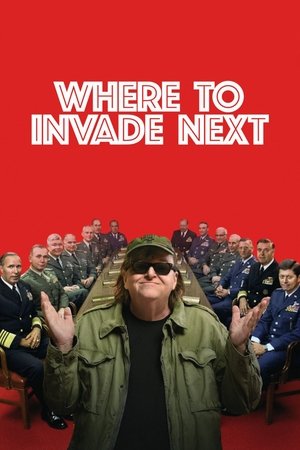 7.2
7.2Where to Invade Next(en)
To understand firsthand what the United States of America can learn from other nations, Michael Moore playfully “invades” some to see what they have to offer.
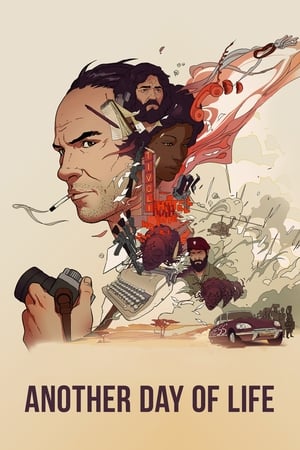 7.4
7.4Another Day of Life(en)
In 1975, Ryszard Kapuściński, a veteran Polish journalist, embarked on a seemingly suicidal road trip into the heart of the Angola's civil war. There, he witnessed once again the dirty reality of war and discovered a sense of helplessness previously unknown to him. Angola changed him forever: it was a reporter who left Poland, but it was a writer who returned…
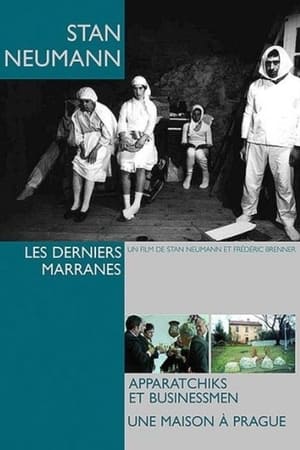 0.0
0.0The Last Marranos(fr)
Despite being forcibly converted to Christianity in 1497 many of the Jews of Portugal continued to practice Judaism in secret. Today, residents of the village of Belmonte practice an amalgam of Christian and Jewish rituals.
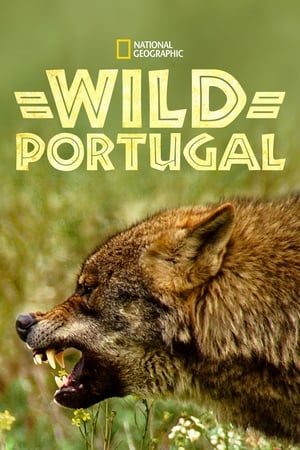 7.7
7.7Wild Portugal(en)
Picture a land of boulder-strewn shorelines, isolated mountaintops, and golden prairies. Here, packs of wolves stalk herds of ancient mustangs and tree-climbing carnivores keep entire forests on edge. Meanwhile, high above the crashing surf, a pair of storks attempts to raise a family on a narrow ledge atop a towering cliff. EUROPE'S WILD WEST is a place where survival is reserved for those with the keenest senses... and the quickest draw.
Vierka, or The Mystery of Family B's Disappearance(cs)
When Czech singer Ida Kelarová meets the young Roma singer, Vierka Berkyová, she discovers an extraordinary and vibrant talent. Determined to develop her musical abilities and career, she brings her and her family from their home in Slovakia to live in the Czech Republic. They are encouraged to learn new routines and develop their lives in a variety of 'productive' ways. Then, one day they disappear without trace. What began as a document about Verika develops into a mystery. [taken from the London Film Festival 2006 catalogue]
Miri fajta(cs)
The central figure of the documentary is Robin Stria, an amateur filmmaker who is trying to create the first Roma sitcom in the Czech Republic. Its title - Miri Fajta - means My Family in Romani, and the Romani creator wants to tell a story about Romani using Romani actors. At the same time, it offers him the opportunity to think more deeply about his identity and show it at a time when the issue of self-awareness is also a problem of representation, because Roma creators are scarce.
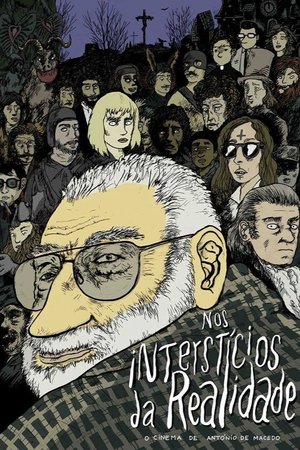 0.0
0.0In the Interstices of Reality or The Cinema of António de Macedo(pt)
He was the most prolific within the New Portuguese Cinema generation. He would try western spaghetti, esoteric allegory, supernatural, and science-fiction. Without state subsidies, he would quit filmmaking in the 1990s. Who remembers António de Macedo?
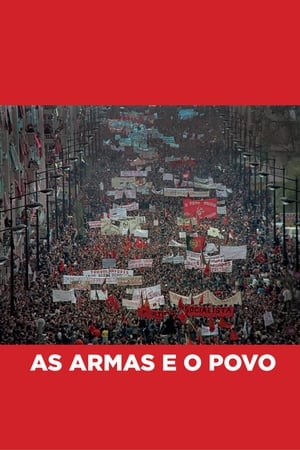 7.3
7.3As Armas e o Povo(pt)
Film directors with hand-held cameras went to the streets of Lisbon from April 25 to May 1, 1974, registering interviews and political events of the Portuguese "Carnations Revolution", as that period would be later known.
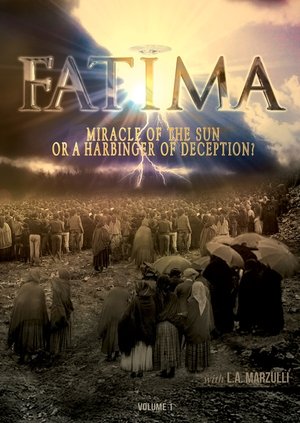 6.0
6.0Fatima: Miracle of the Sun or Harbinger of Deception?(en)
100 years ago an event happened that changed the world. Upwards of 70,000 were gathered in the little village of Fatima, Portugal. They were told, by an apparition that had appeared to three children—what many believed to be Mary of the Bible—that a miracle would occur. Something happened on October 13, 1917 and thousands of people witnessed it… It was called, The Miracle of the Sun.
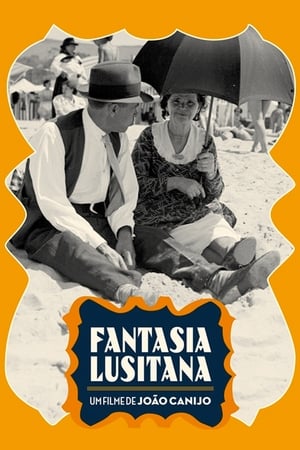 6.4
6.4Lusitanian Illusion(pt)
Images and sounds expose the duality of Portugal during the days of WW2: a peaceful, god-loving, rural country, providing an escape route for over one hundred thousand European refugees to the Americas; and a political and cultural elite that disguised their Nazi inclinations just enough to play its neutral role in international politics.
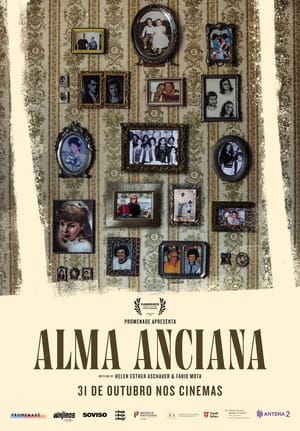 0.0
0.0Alma Anciana(pt)
Three juxtaposing stories taking place in Portugal, Austria and Cuba create an intimate and poetic portrait of the daily lives and struggles of the elderly in an unstable world, seen through the eyes of their grandchildren.

